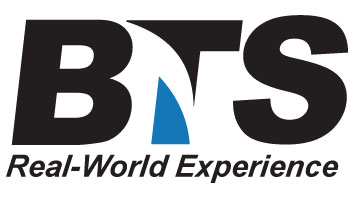| Hands-On RF Interference Testing & Troubleshooting |
 |
Module I: Radio Principles
Radio Transmission Principles
Radio Propagation
Frequency, Wave Length, Phase and polarization
Signal Power and Free Space Loss
Effective Radiated Power (ERP)
Polarization, Absorption, Diffraction and Reflection effects
Signal to Noise Ratio
Interference effects and Fading
Channel Allocation
Modulation: Amplitude, Frequency and Phase Modulation
QAM
Multi-Access Systems: FDM, TDM, TDMA, FHSS, DSSS, OFDM, CDMA
PCS and GSM system timing needs
Frequency use
Overlapping channels
Coverage and what affects it
Causes of drop-outs of calls
Module II: Antenna Systems
Classes of Antennas
Antenna types used
Antenna Loss and Gain
Point-to-point services
Area Coverage
Cellular coverage
Towers and Mountings
Antenna Tower Engineering
Hidden Antennas
Module III: Noise and Interference
Noise and signal strength
Noise: sources and temperature
Co-channel Interference
Noise Types: Narrow band, Wide band, Impulse noise
Effects of reflection
Locating noise sources
Module IV: Interference Testing
Types of test equipment and the tests that it can perform
Using Spectrum Analyzers to test and analyze normal signals
Recognizing different kinds of interference
Using directional antennas to locate interference sources
Handing off descriptions of interference faults found
Module V: Evaluation and Review